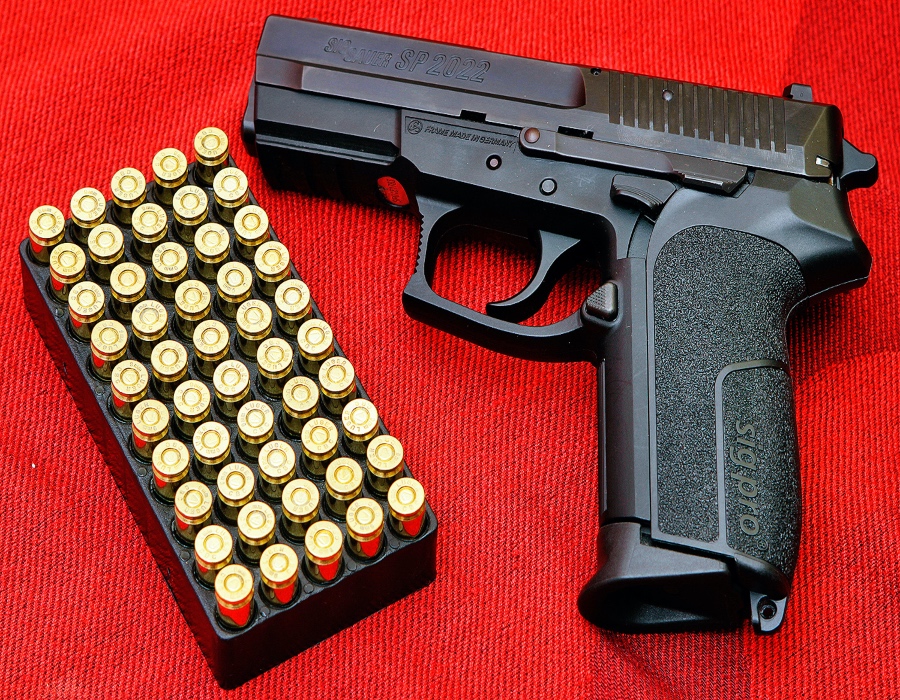A 12-Year-Old Boy Allegedly Killed His Neighbor, And His Pizza Receipt Got Him Arrested
He is being tried as an adult and face the same consequences as an adult would.


A 12-year-old Wisconsin boy was charged with first-degree intentional homicide, and his order from Domino’s Pizza is what led police to his doorstep.
The Milwaukee boy, whose name was not released to the public, allegedly dropped his pizza receipt dated March 15 at the scene. Brandon Felton, a 34-year-old neighbor of the boy who was shot in the head, was found dead inside his home on March 18.
According to authorities that obtained text messages between the boy and his mother, Felton, and the boy were engaged in a firearms deal.
Felton, being the supplier, denied the boy and his friends a gun, and this harsh response led to violence and Felton’s demise.
The additional text messages from the search warrant on the boy’s phone show the boy and his friends were plotting to steal guns from Felton.They wanted to steal an AR-15.
“I’m gonna do it to [Brandon],” a text from the boy defendant’s phone said, the court document stated.
“Should I kill him (right now),” the Milwaukee boy asked.
“Noooo,” his friend allegedly replied.
“I’m belting him don’t got time for dude going after my family,” the boy said, before shooting Felton, allegedly.
The boy and his friend’s messages are dated March 9. When police found the receipt, a “young-sounding male” answered and denied knowing the victim or having placed the food order. He did, however, said he witnessed the killing.
The boy’s bond is set at $100,000, and he is scheduled for a preliminary hearing on April 4.
If a 12-year-old boy is charged with first-degree intentional homicide, it would depend on the jurisdiction, but generally, the consequences could be severe. First-degree intentional homicide is one of the most serious charges a person can face, and it typically involves the intentional killing of another person with premeditation or planning.
In most jurisdictions, like Wisconsin, a 12-year-old boy would be considered a juvenile and would be subject to the juvenile justice system. The specific consequences for the offense would depend on the laws of the state or country where the crime was committed, as well as the circumstances surrounding the offense.
In some cases, the juvenile may be tried as an adult and face the same consequences as an adult would, including incarceration in a prison.
However, in other cases, the juvenile may be sent to a juvenile detention facility or undergo rehabilitation and counseling to address underlying issues that may have contributed to the offense.
“Any child charged with a homicide of this classification, if the child is over the age of 10, starts out being charged as an adult and then can ask the court to transfer their case back to juvenile court jurisdiction,” the defendant’s lawyer said in a statement to NBC wrote.